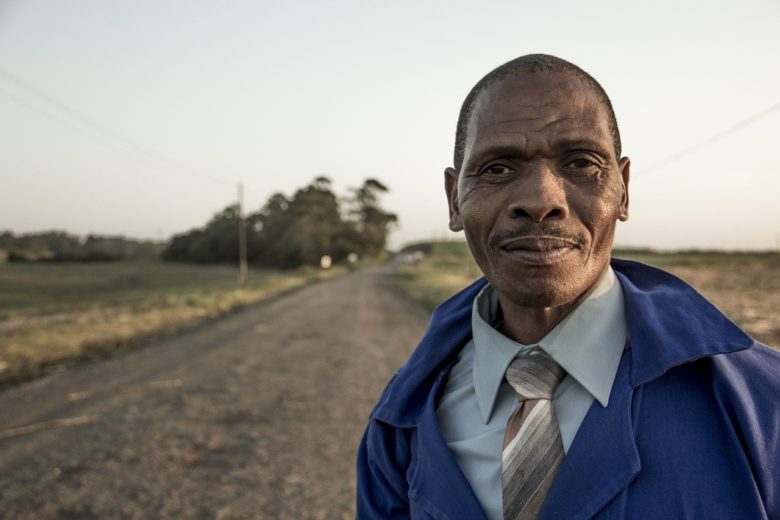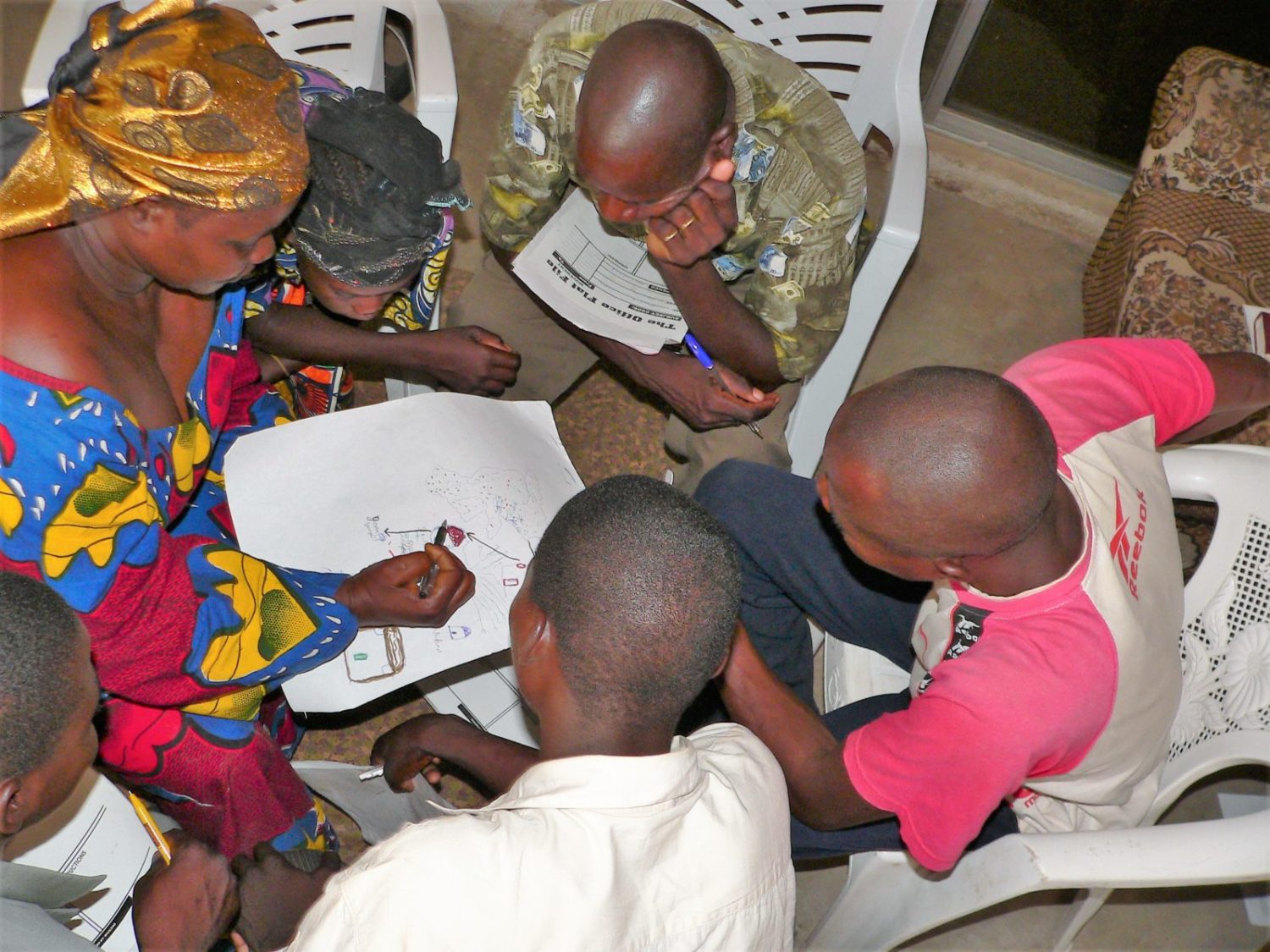To see rapid, rabbit-style reproduction of disciple makers, one must depend heavily on the Holy Spirit. Many of us lean too much on our own skills and experience as we train disciples. The Holy Spirit lives within even the newest of believers.
Fear restricts, love releases. If you love those you lead and train, you will release them. You’ll take risks of faith, believing in the Spirit of God within trainees to make wise choices. Image credit: https://www.sawinery.net/
But if you want to develop, to leave the legacy, to see our work continue, we need to spend time with people. So like here for Paul is telling Timothy. And Timothy, you need also to find some people whom we can trust faithful people. And, you know, to find faithful people, it takes the Holy Spirit.
A Disciple Making Movement (DMM) practitioner is always thinking about multiplication. Can those you trained, immediately train others in the same way? If not, your training style may need to be adjusted. Everything you do in disciple-making must pass the test of reproducibility. We don’t get “rabbit” churches that multiply quickly when we complicate things. Did …
Ever make a To-Do list and found it far too long? Realized that no one could do all those things in the time available? Or maybe you don’t make lists, but you do experience a sense of inner pressure to produce. You constantly have too much to do. Disappointing people around you by not completing …
This week I’m privileged to introduce you to a fellow trainer and coach. In this short video, he addresses the question of how DMMs grow, strictly from a New Testament perspective. In Disciple Making Movements, everything we do and train others to do needs to be built on the foundation of what we see in …
Most of us want our lives to make an impact. We long for significance. God put the desire inside us. He wants us to leave a unique and lasting mark on our world. In part, this could be what motivates us to pursue DMMs. It is the nature of movements to see thousands coming to …
Have you ever heard a catchy jingle on the radio, and then found yourself singing it later? These tunes get stuck in our heads. Advertisers know the power of repetition and simplicity. As we work to motivate disciples to become disciple-makers, we can use the power of repetition to influence them toward action. Jesus knew …
Kids are easily distracted. When my children were young they’d start crying. Maybe they were angry about not getting a piece of candy they craved. I’d point out the window. “Look! See the birds?” Suddenly, their attention shifted. Now I do this with my grandkids. We can be like kids too – easily distracted from …
We moved around the room silently. One person was given a watch. Graciously receiving it, he silently prayed. Should he keep it or pass it on to someone else? Another person turned to his neighbor, he gave him a newly purchased jacket. The power of generosity was being released in the room as we did …









